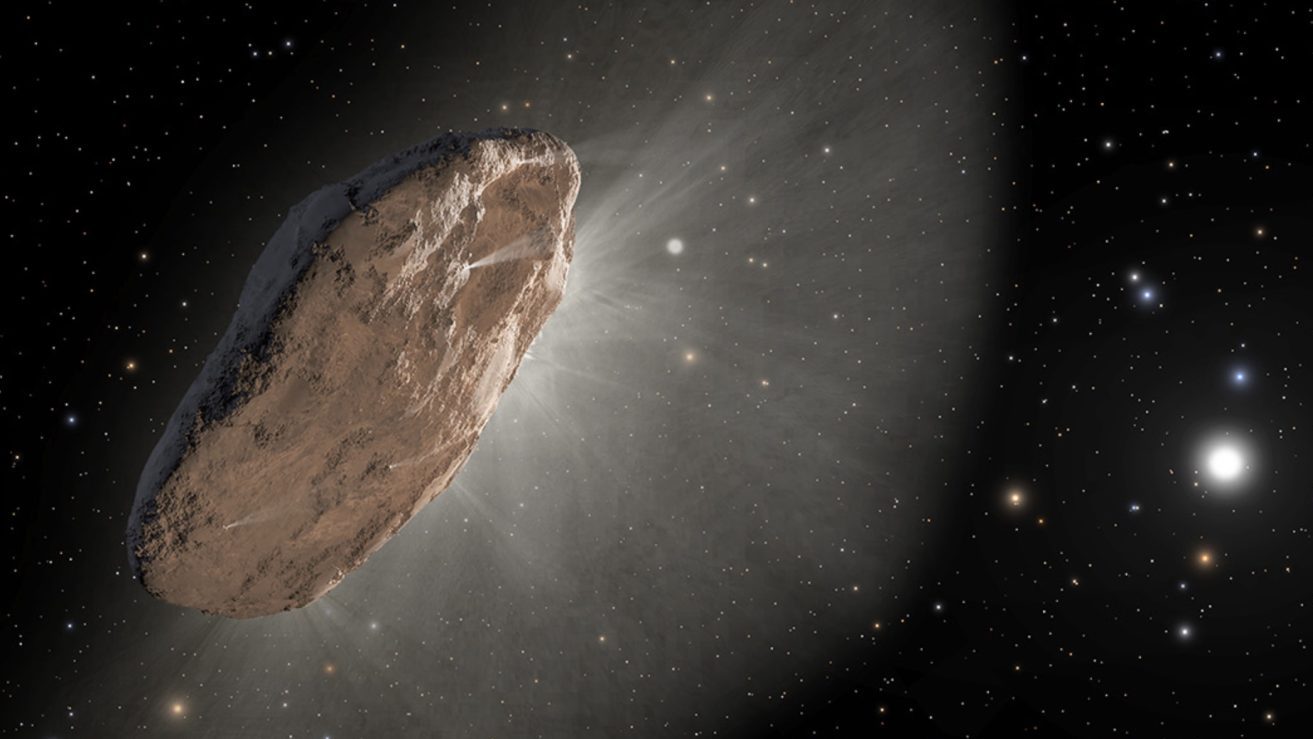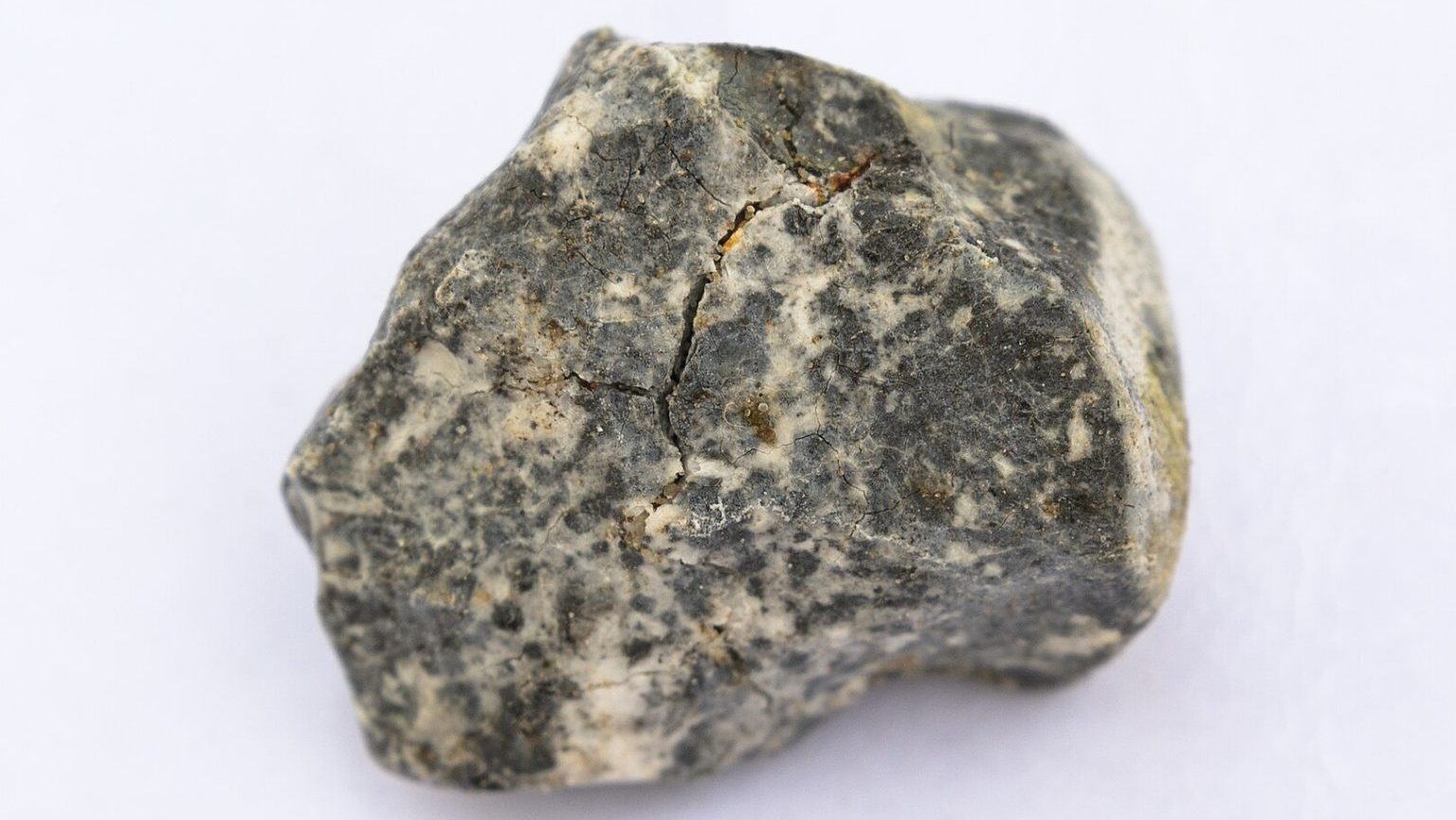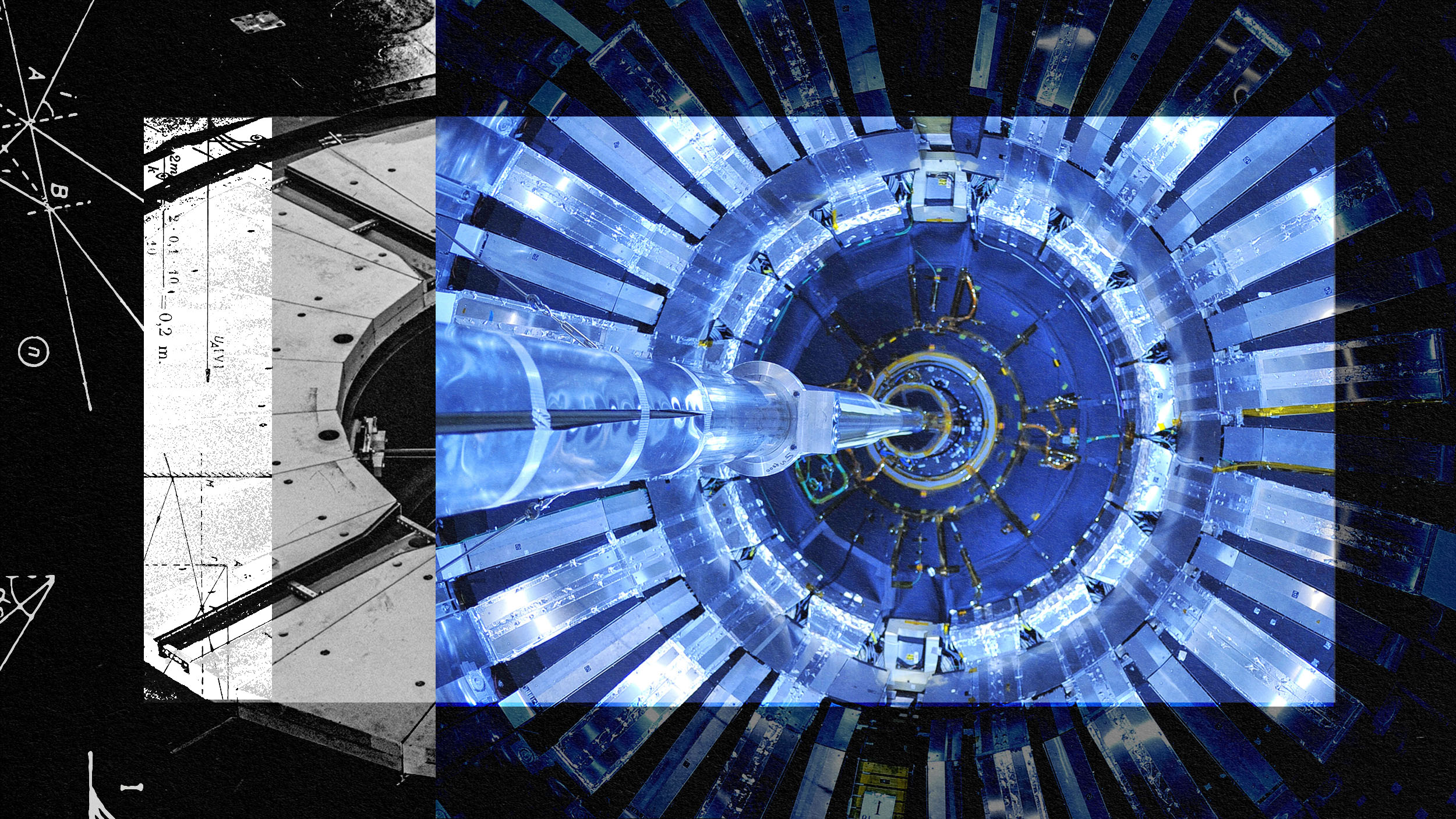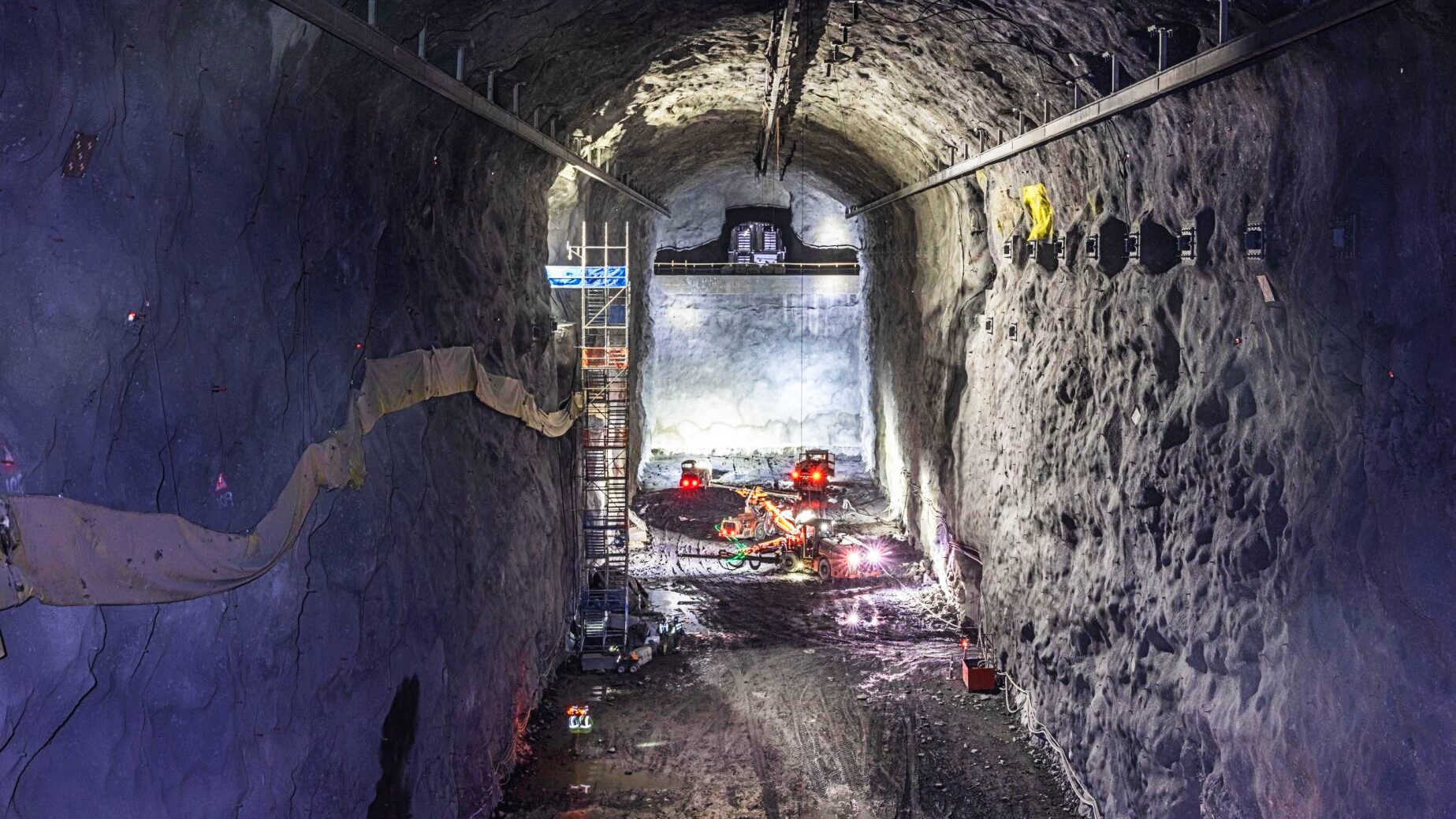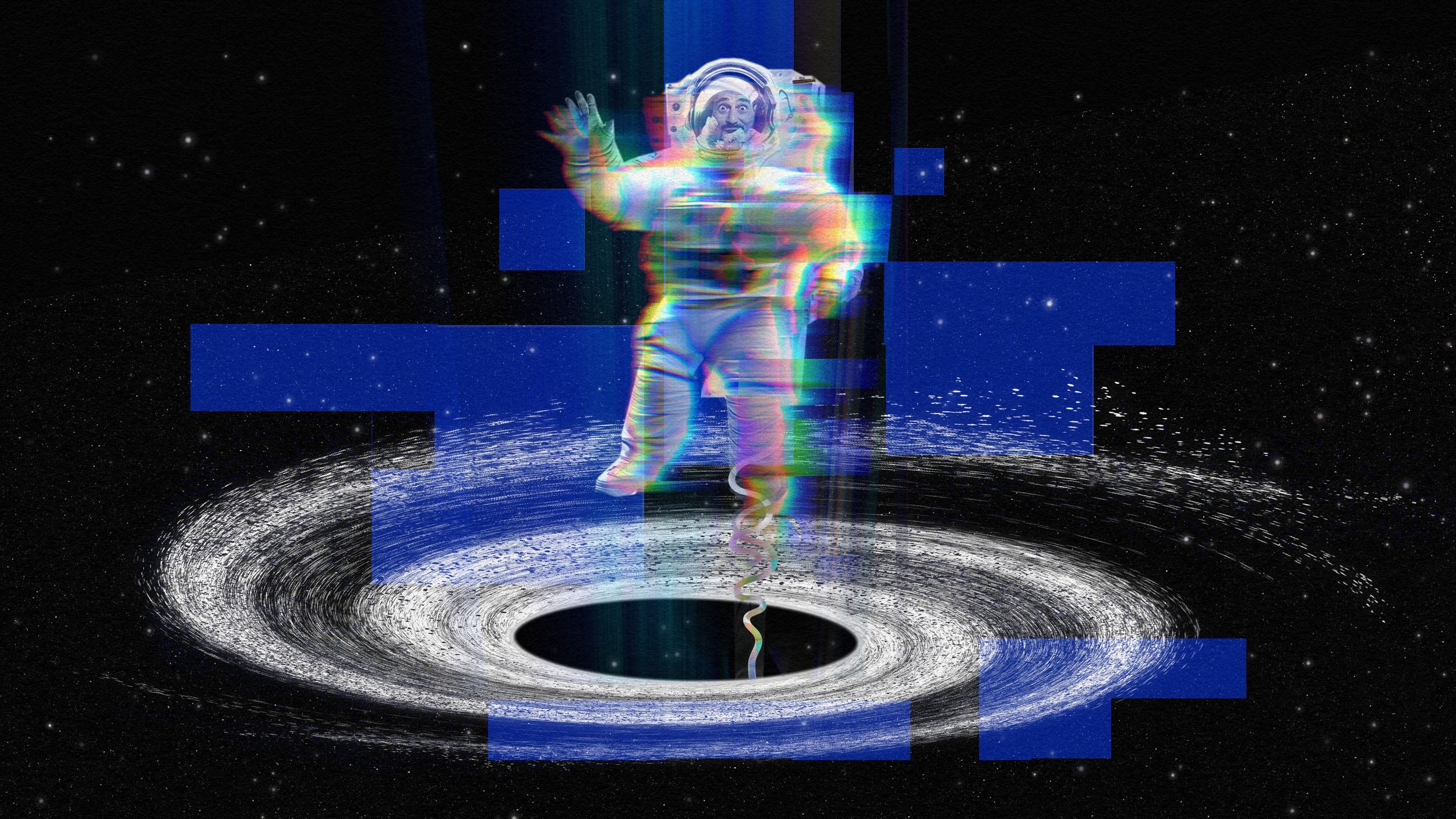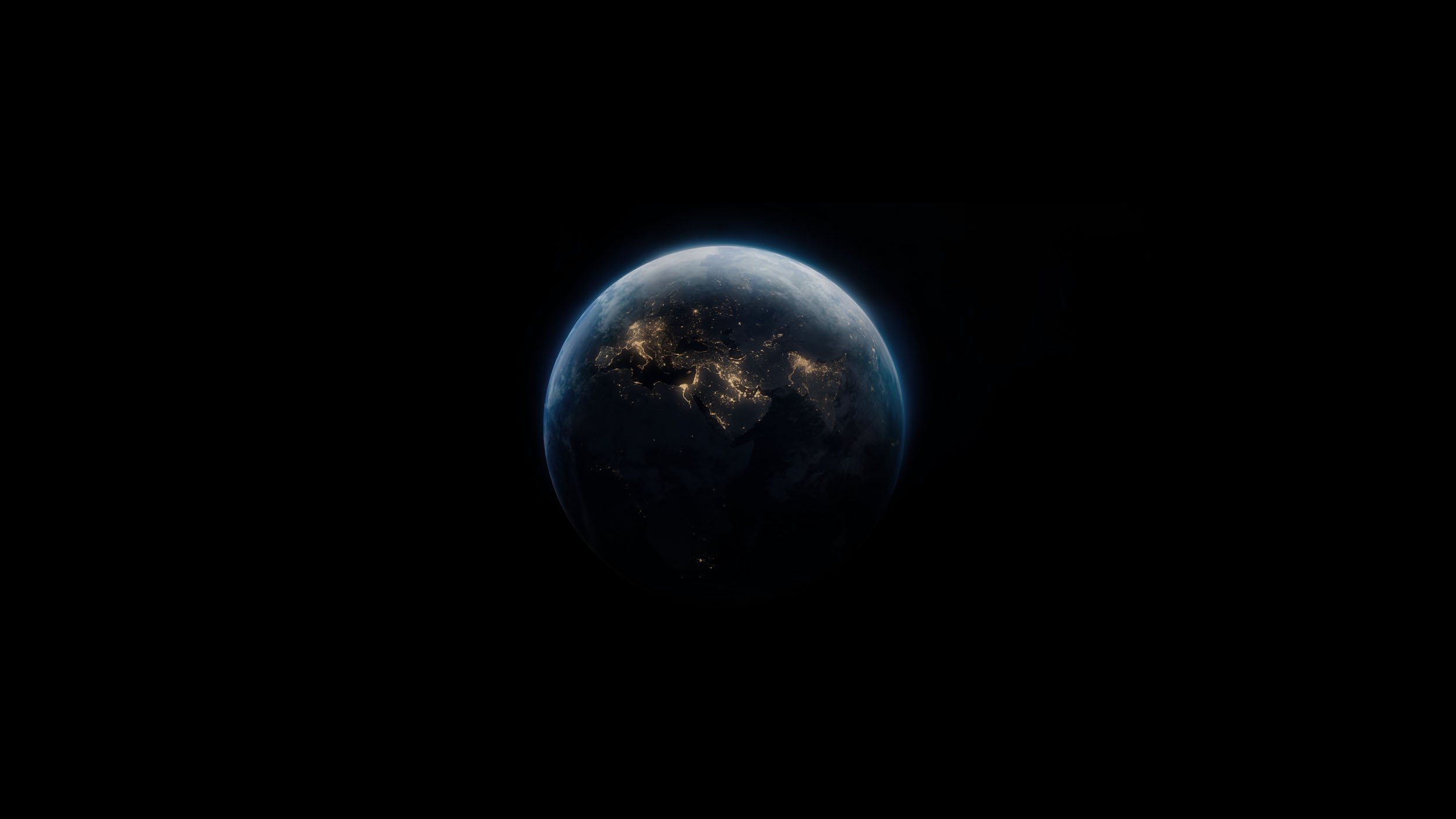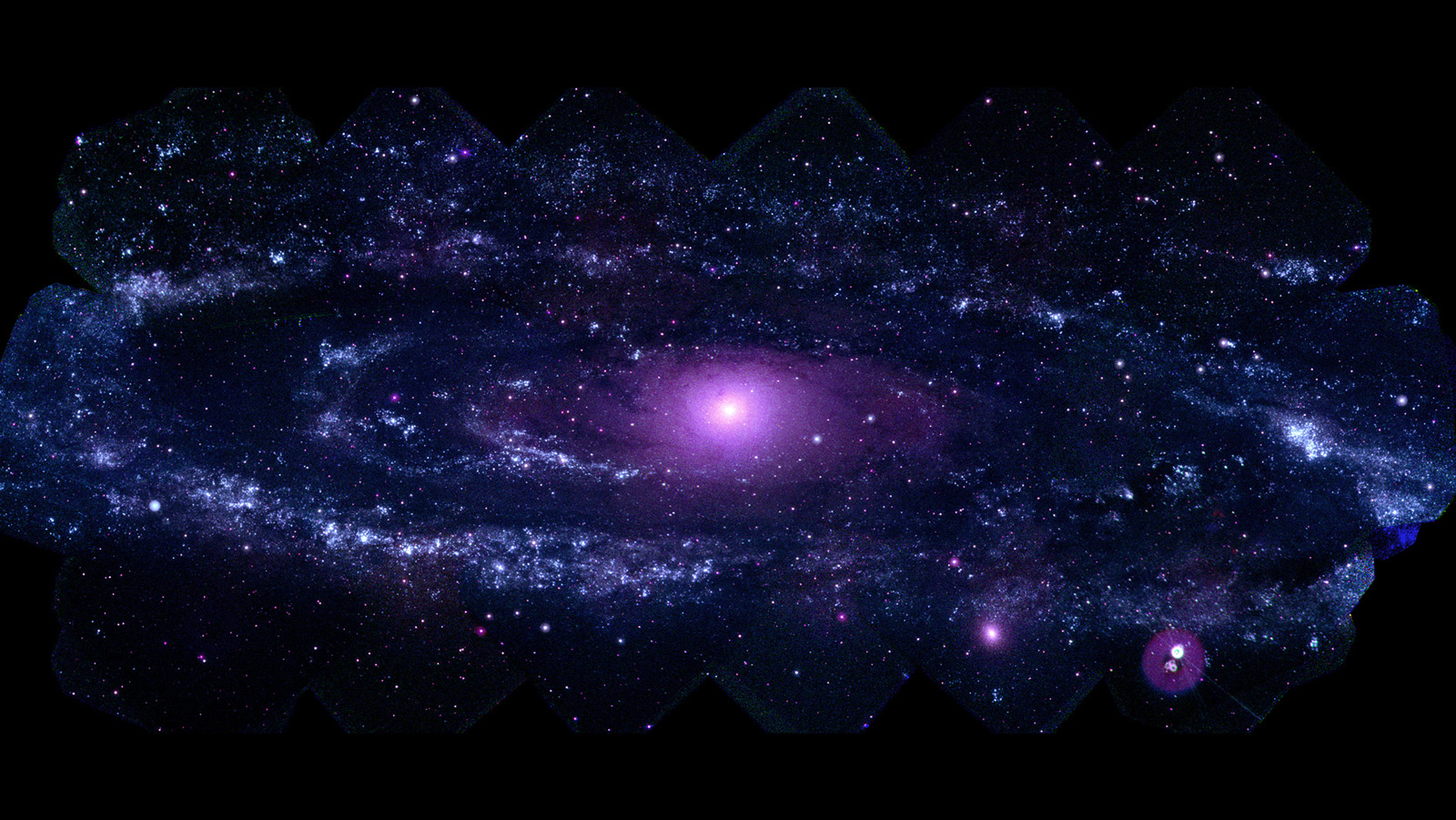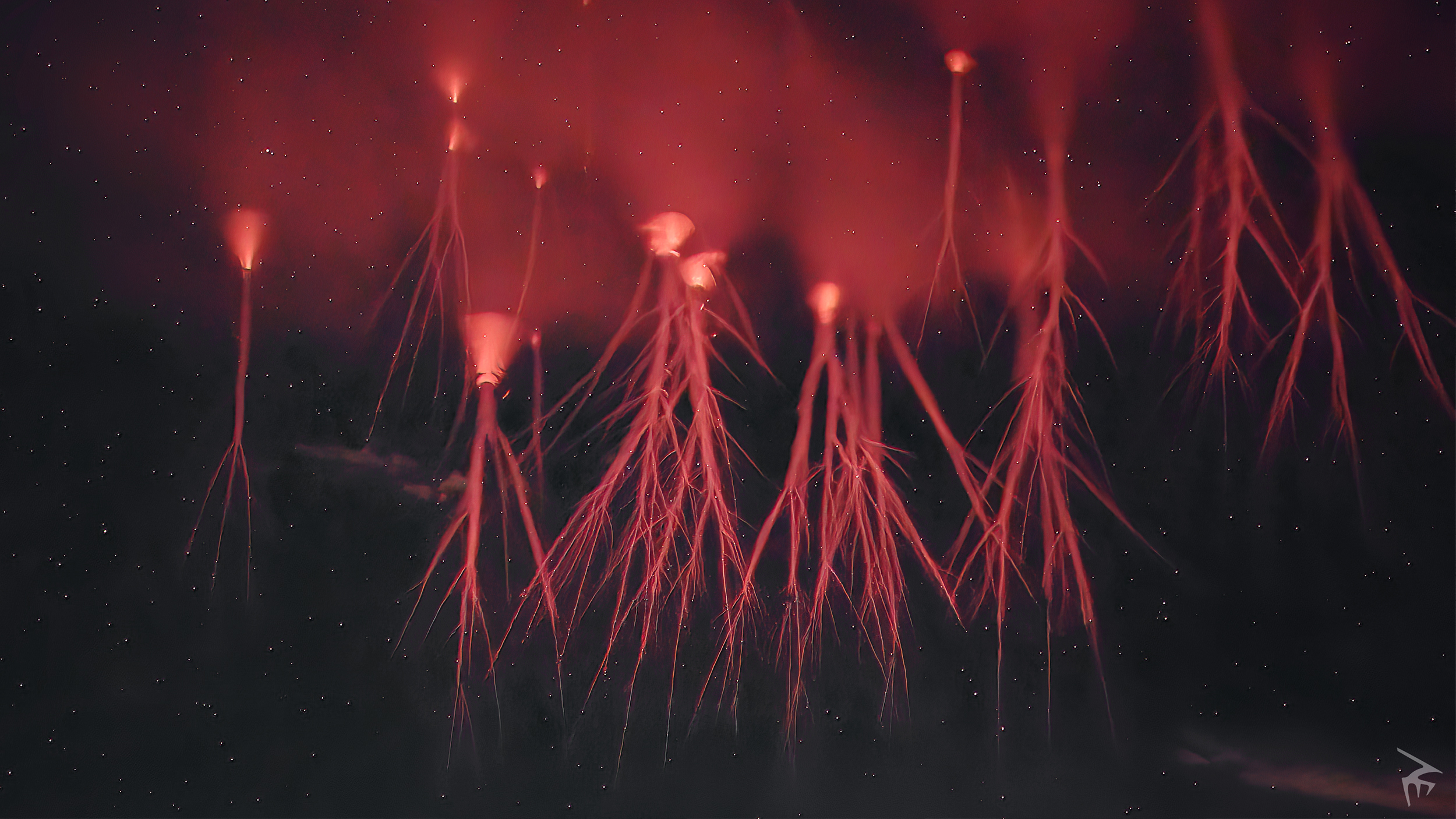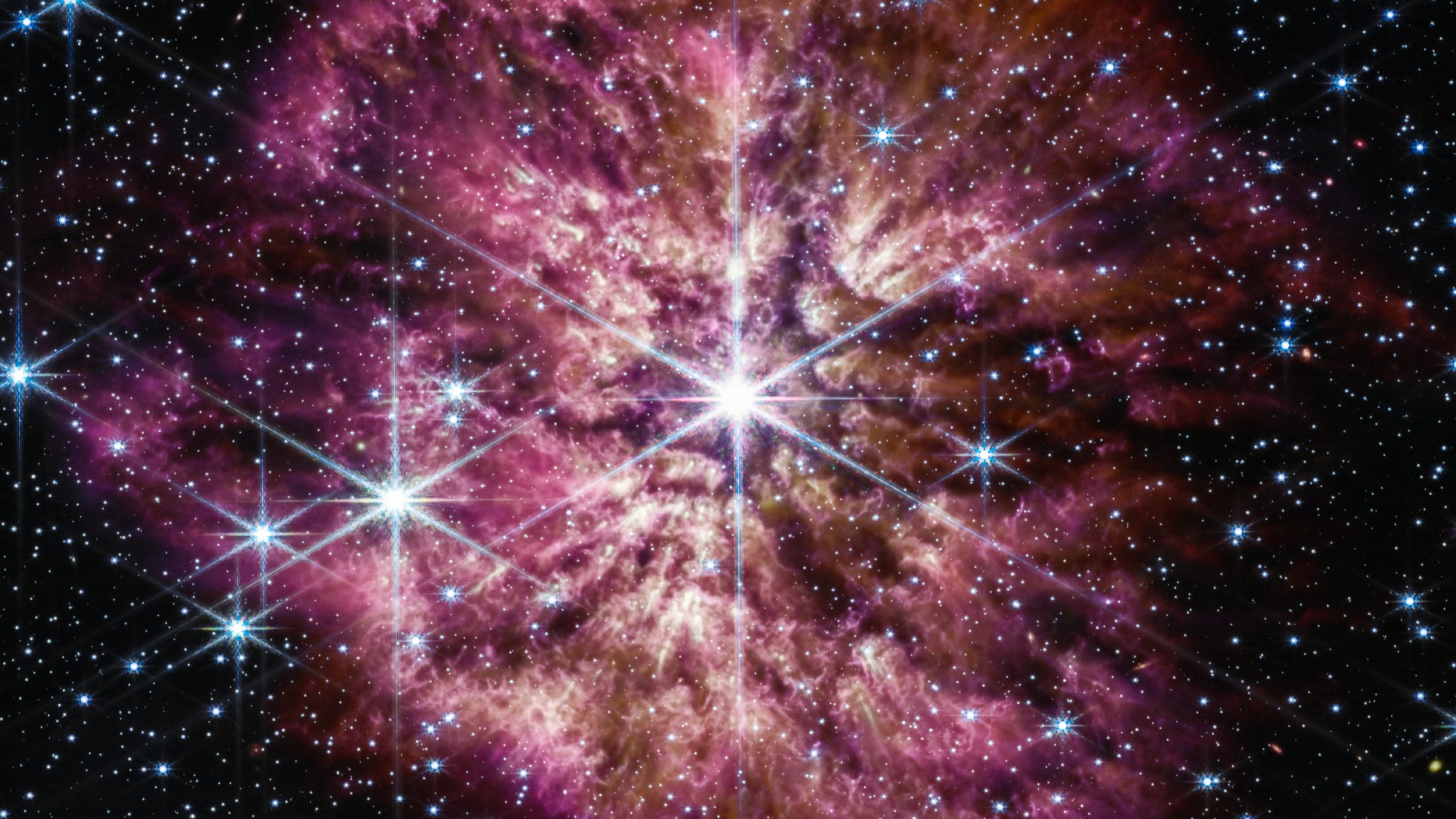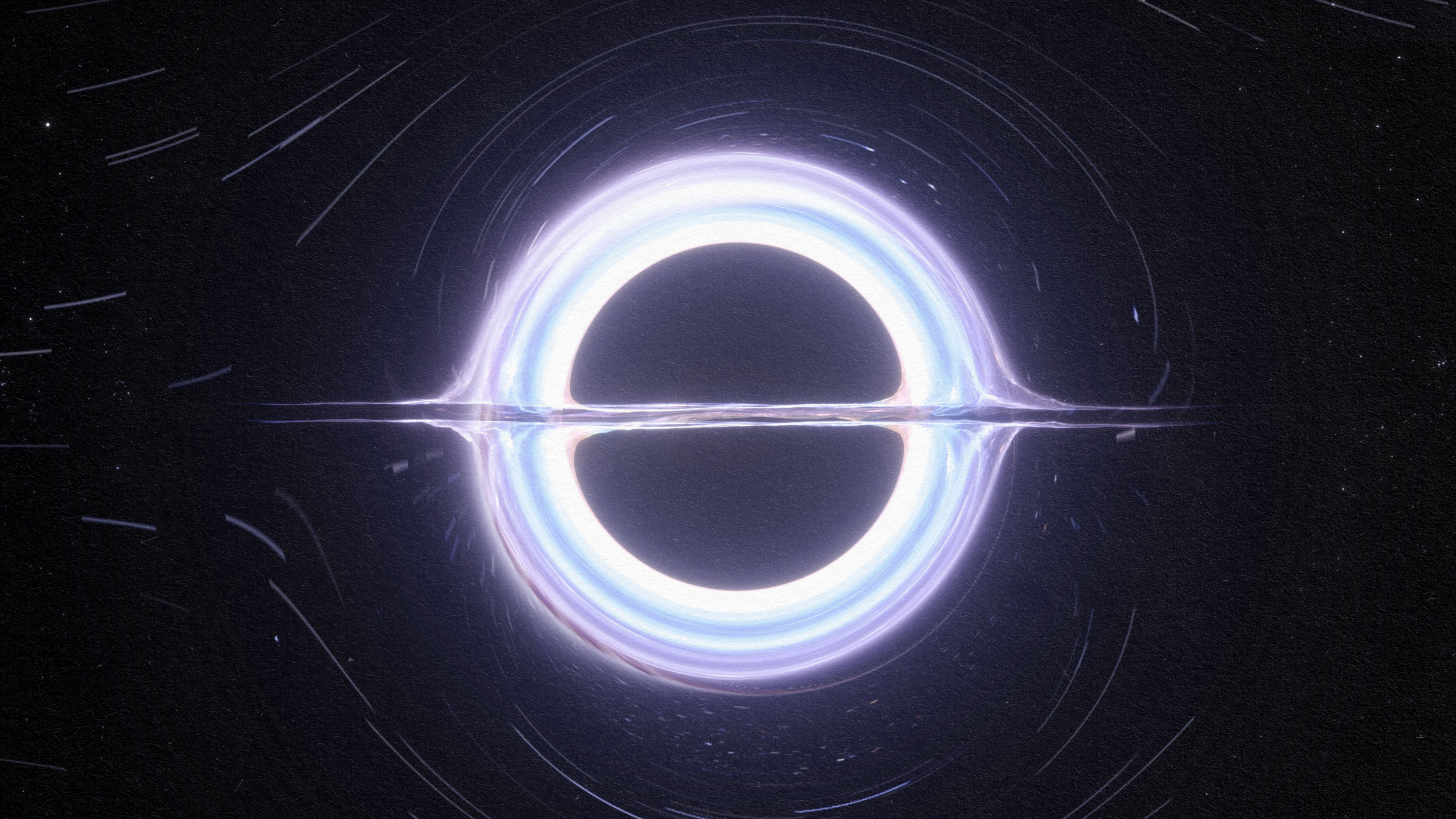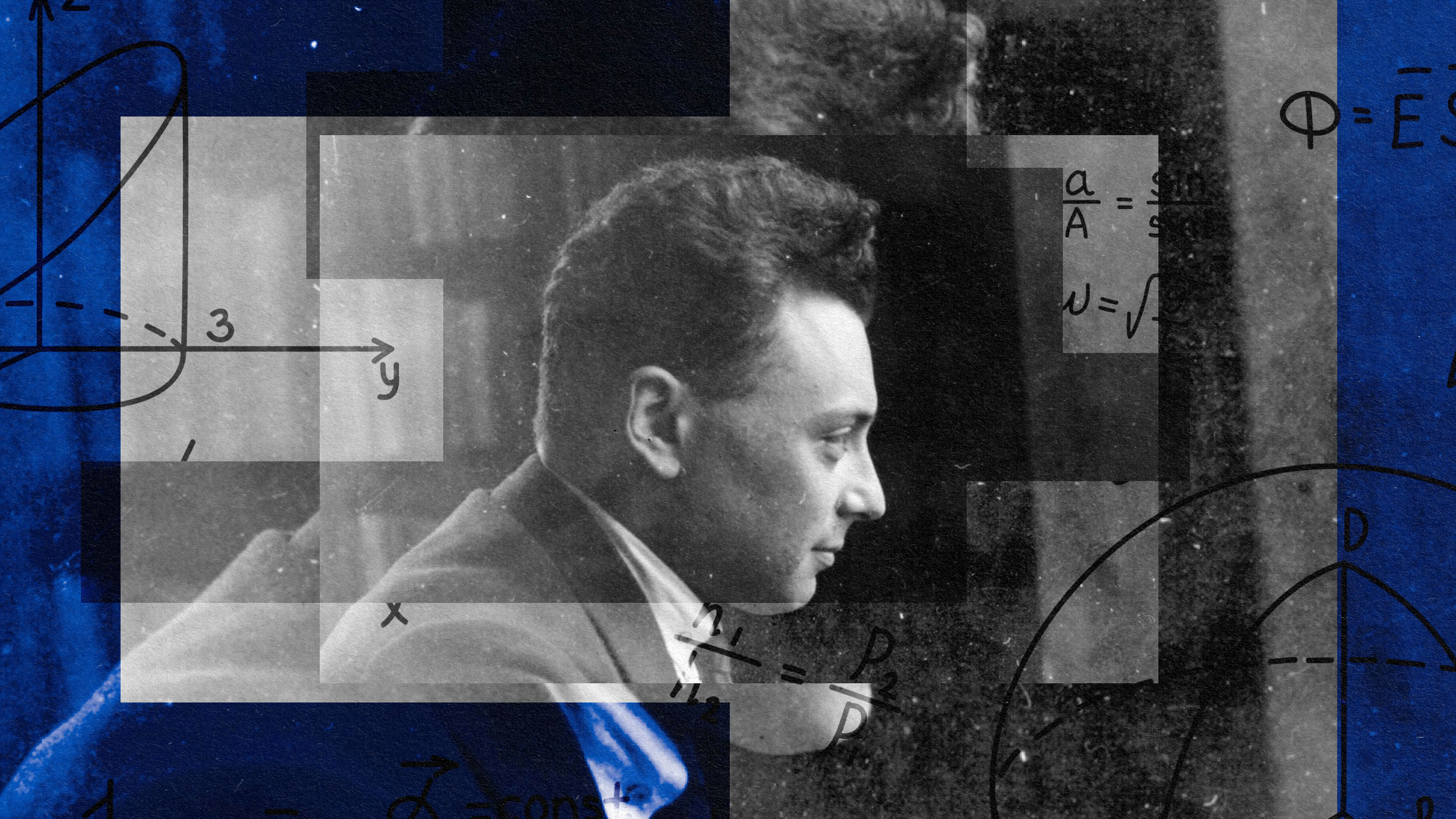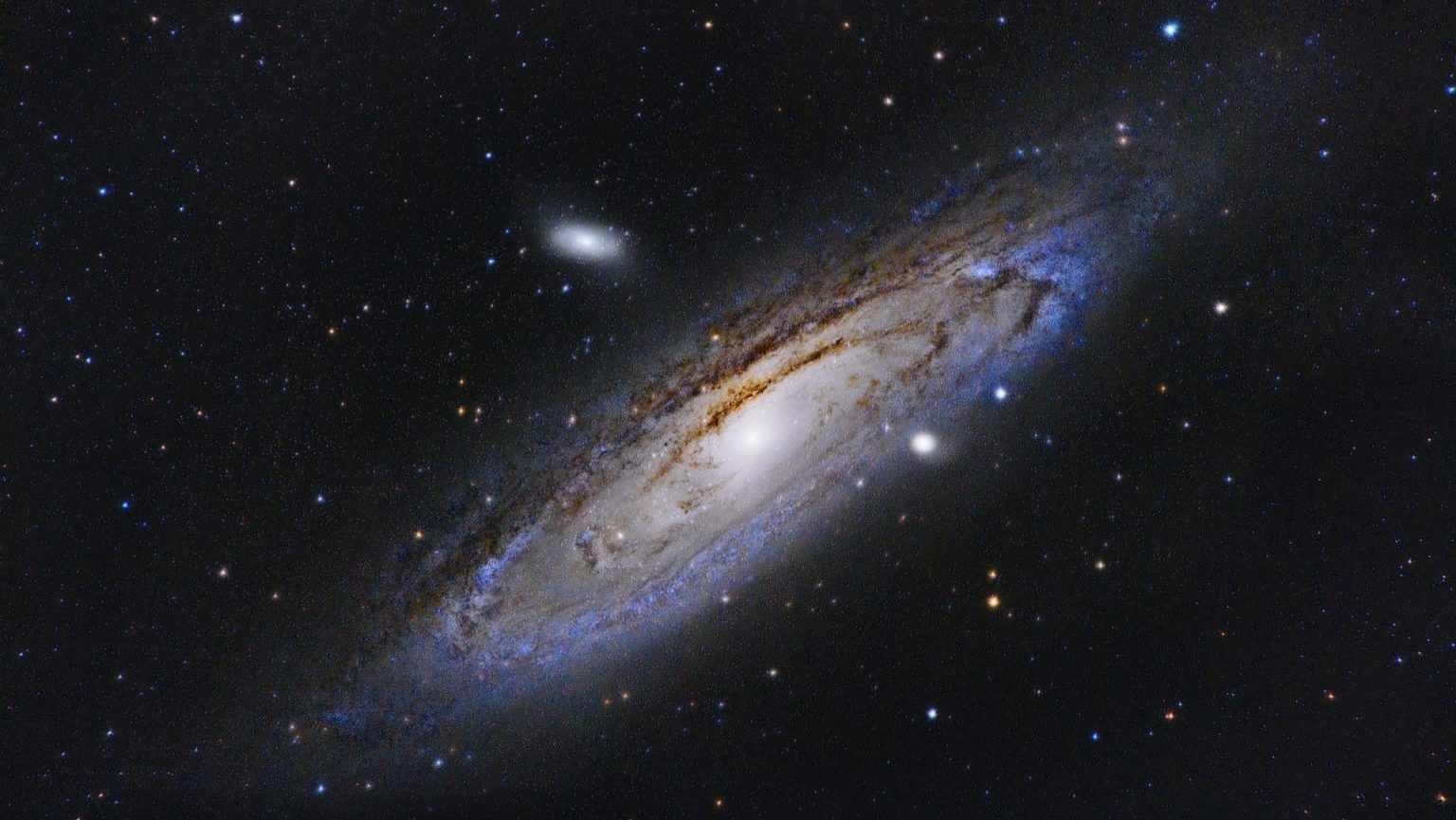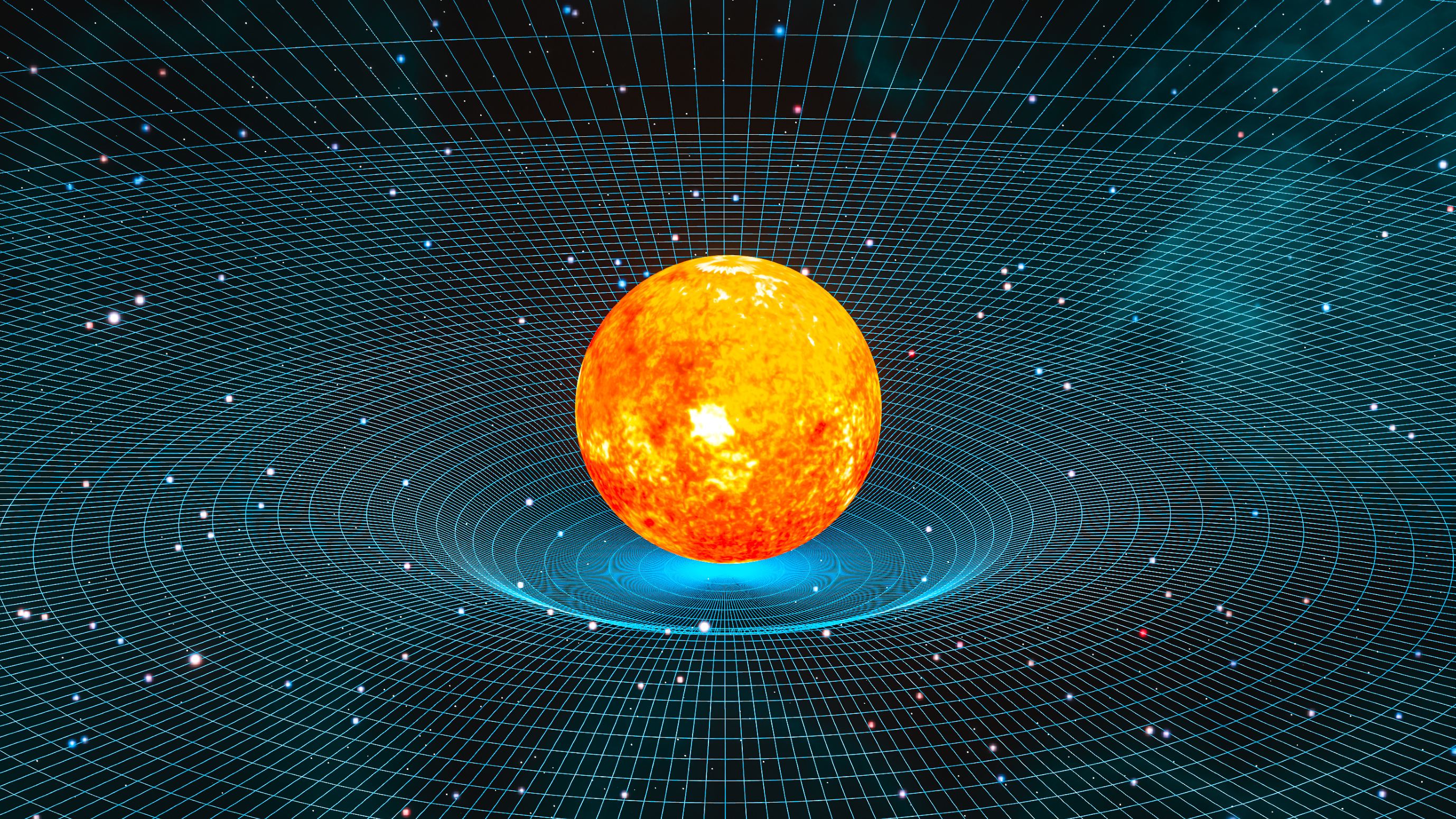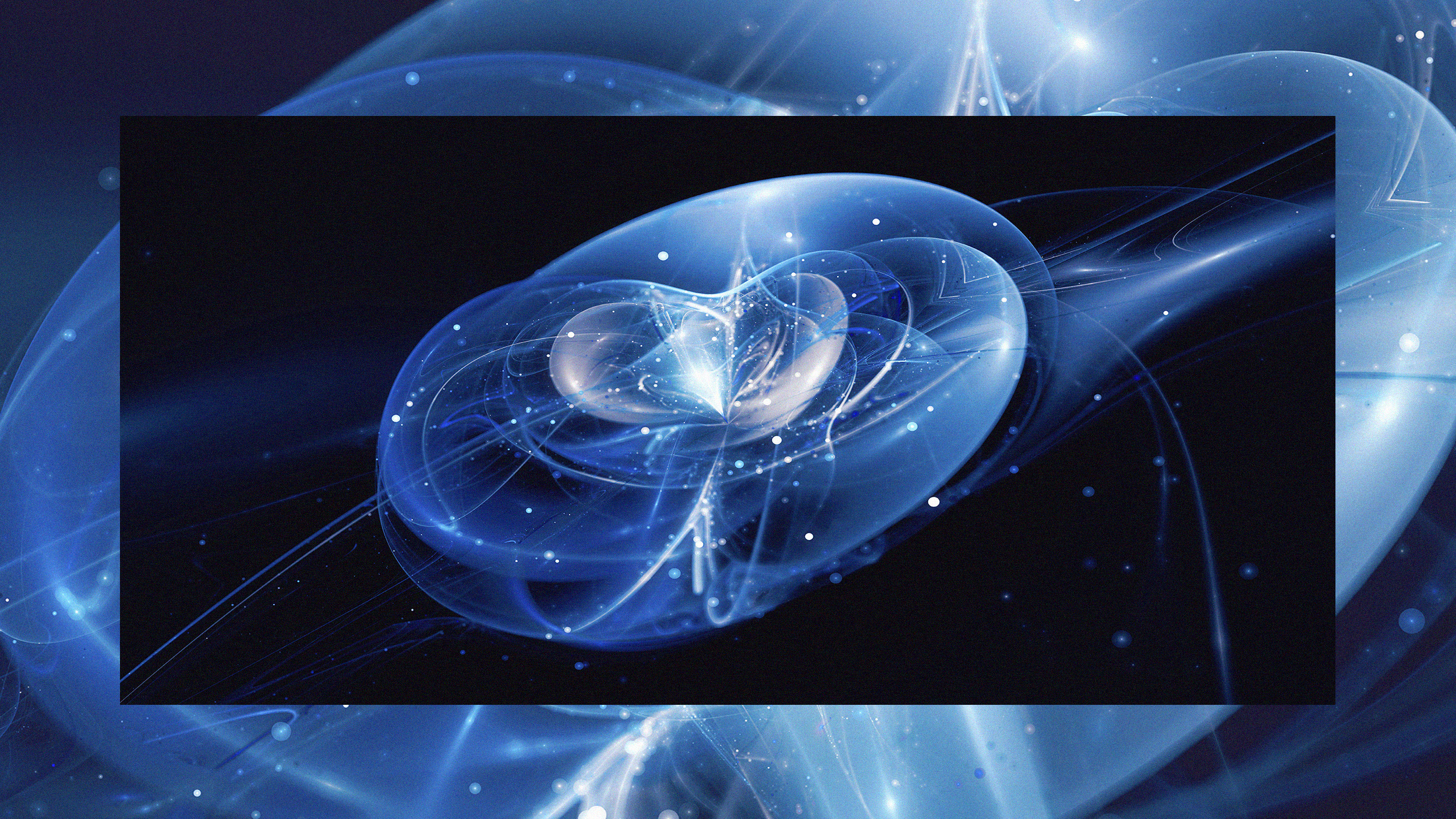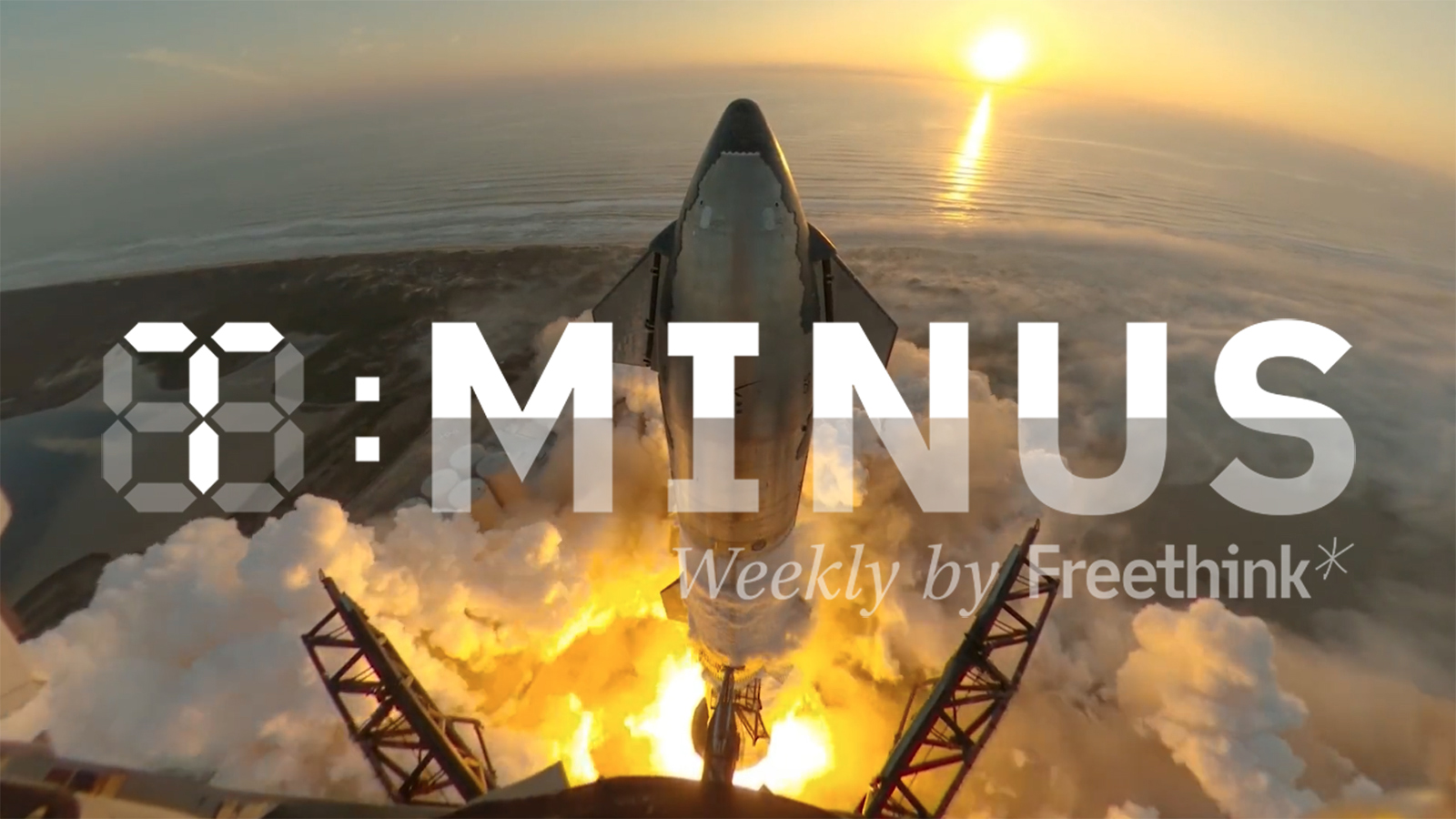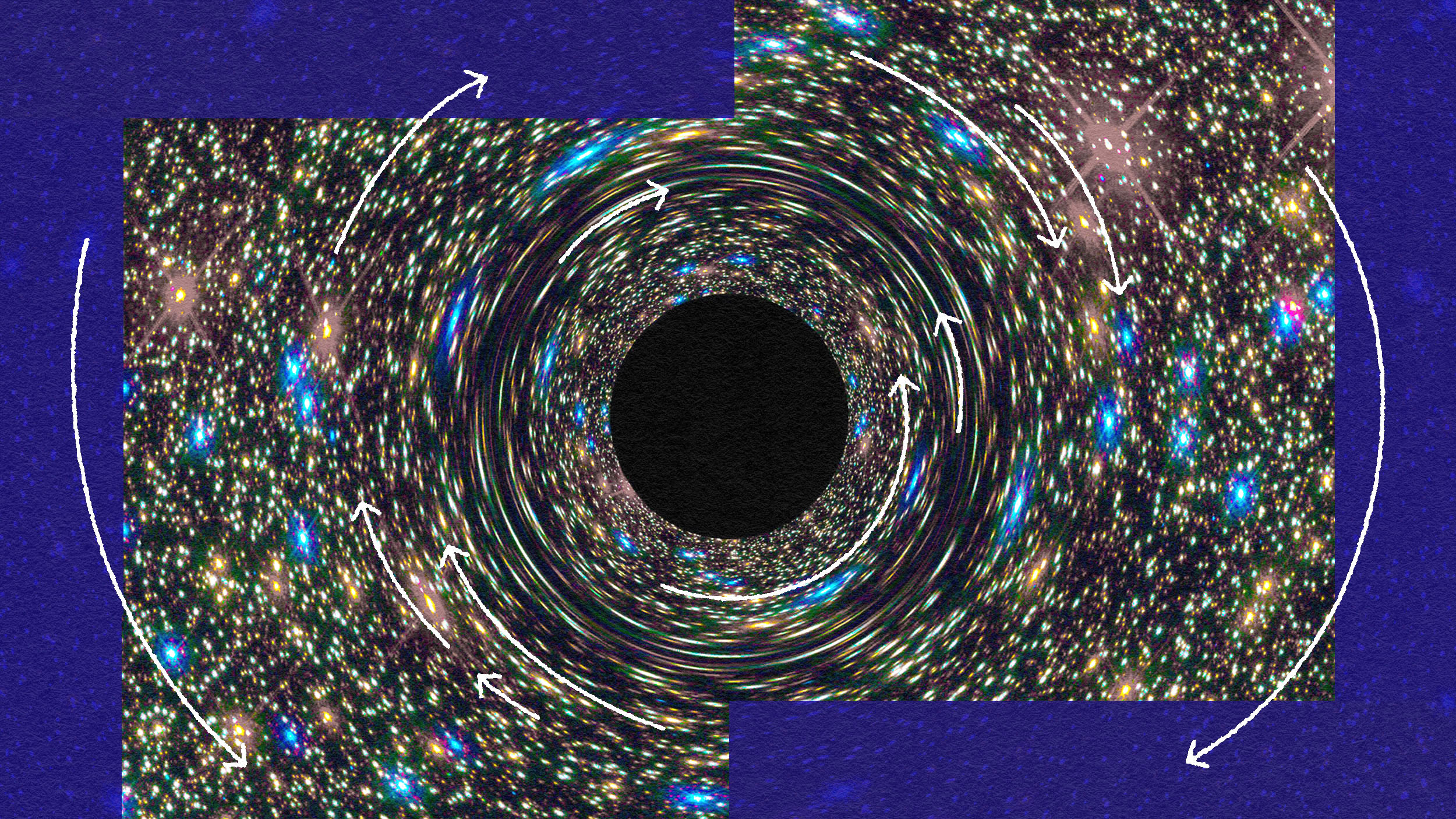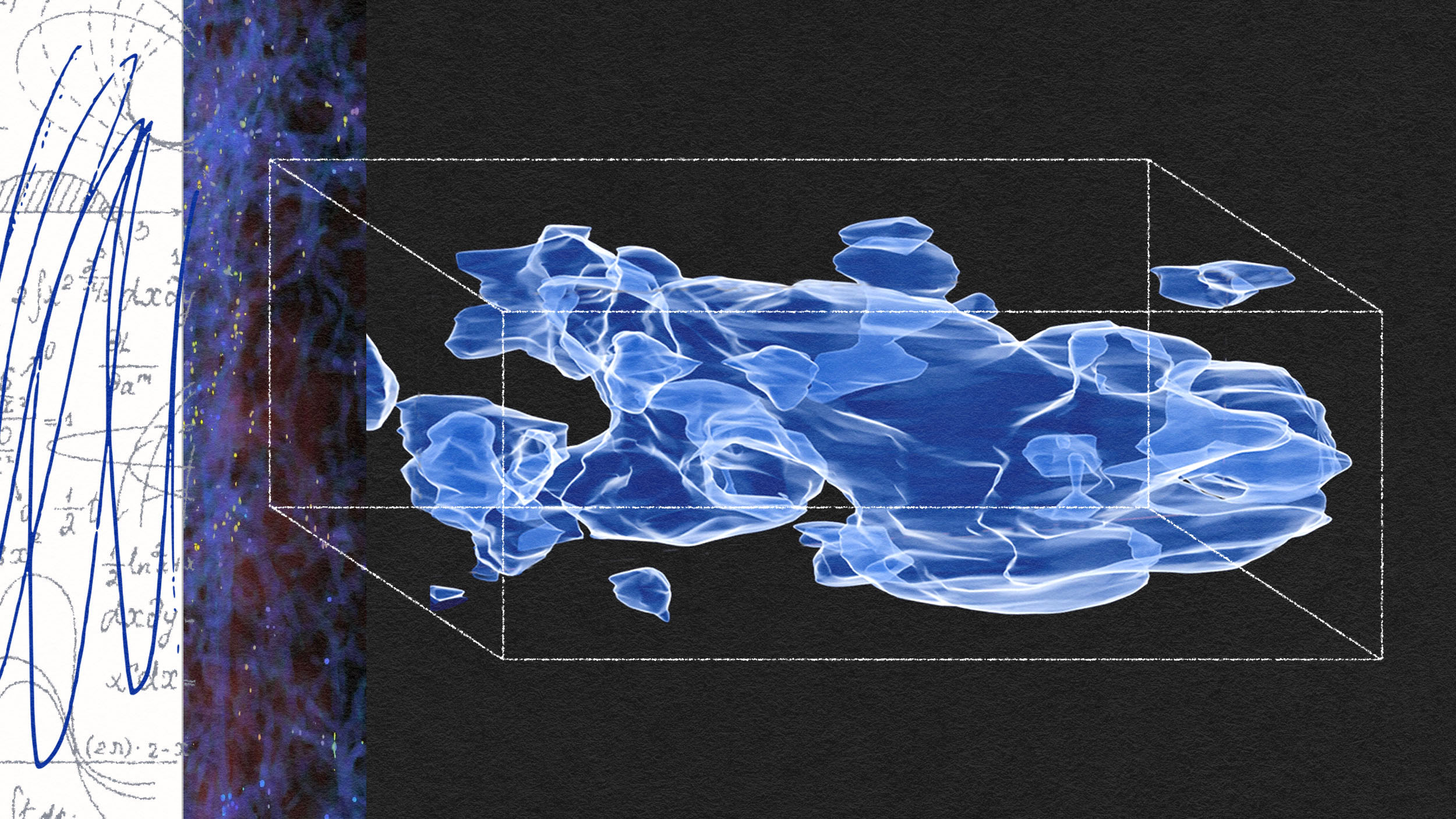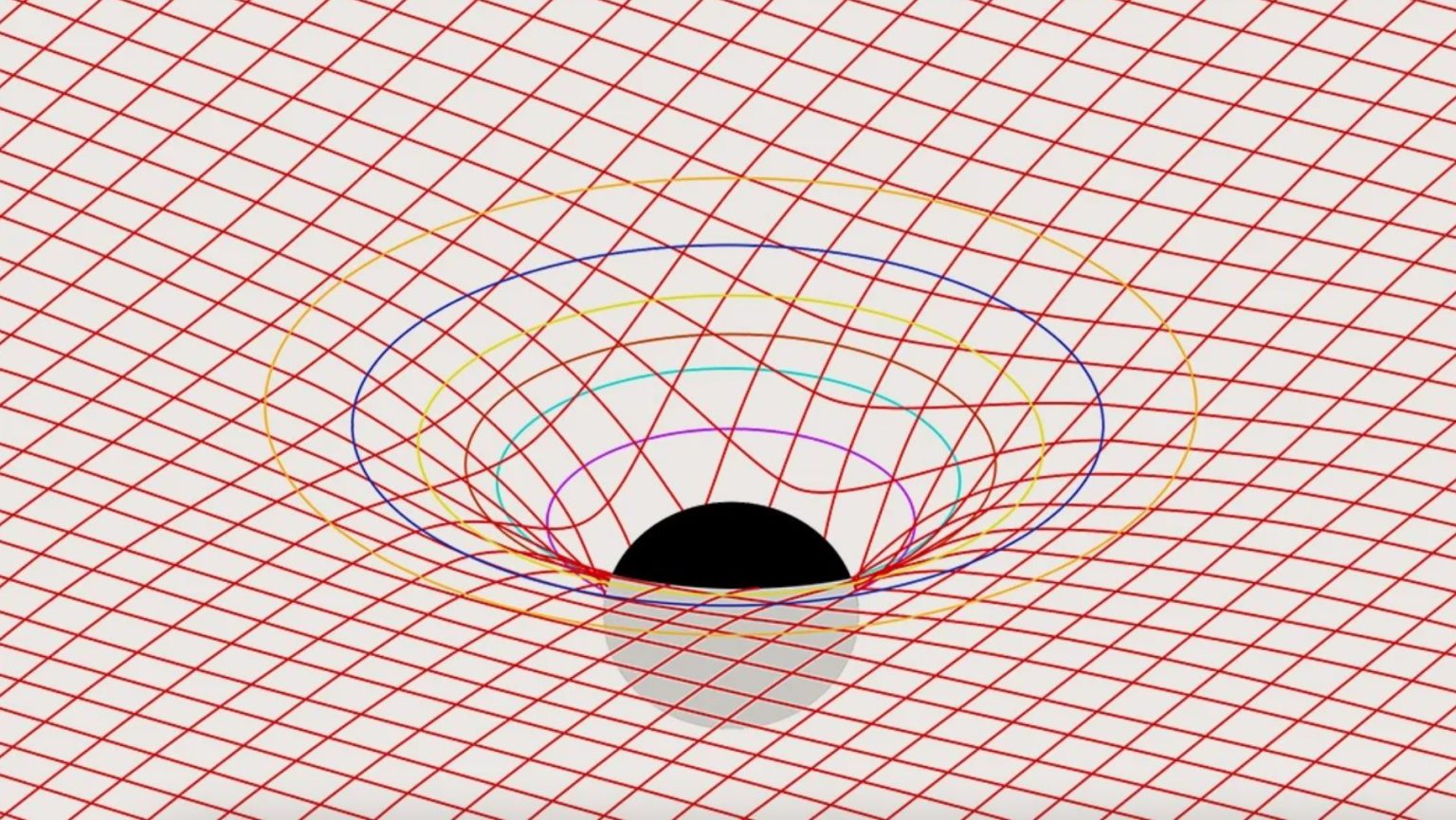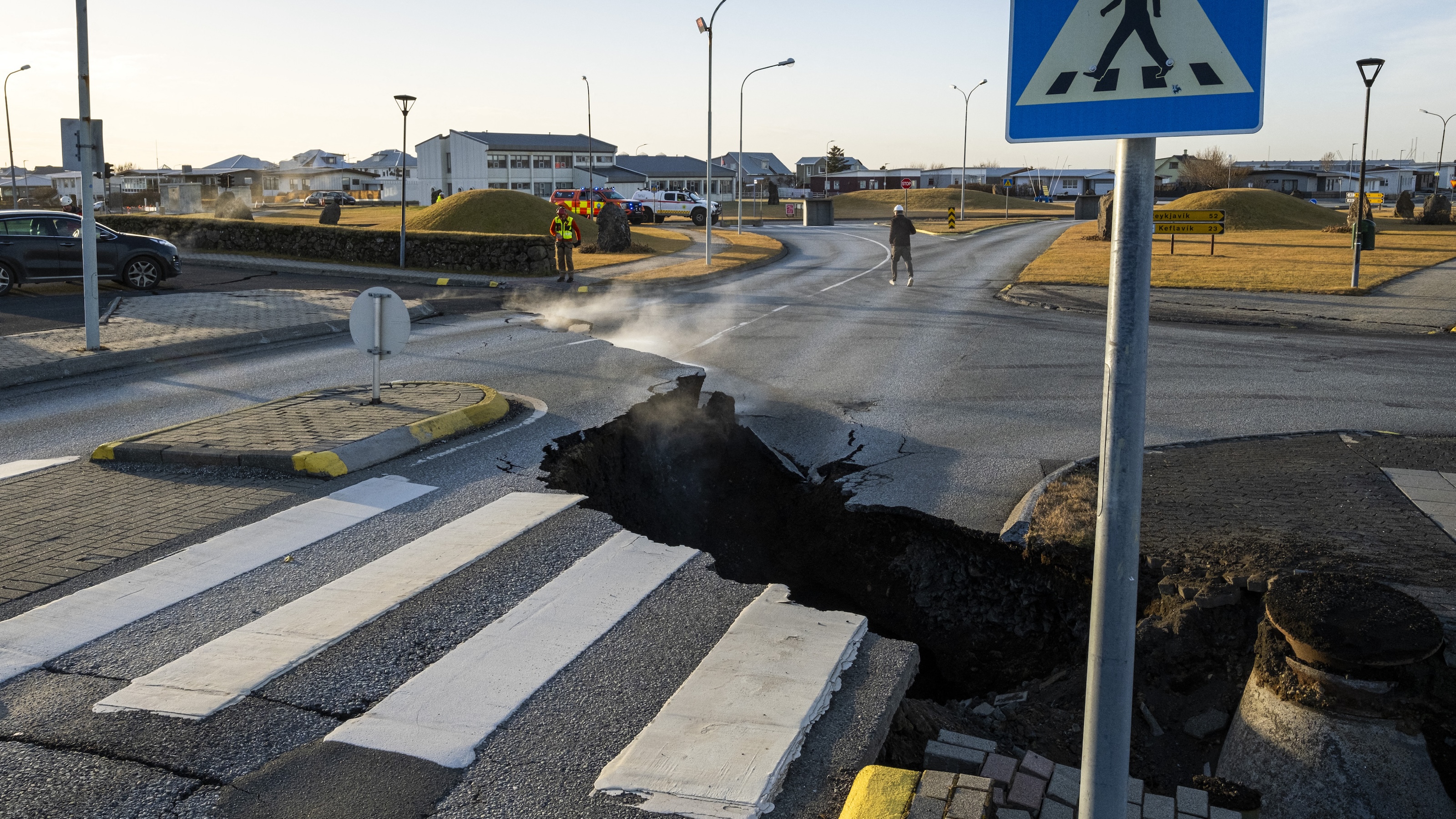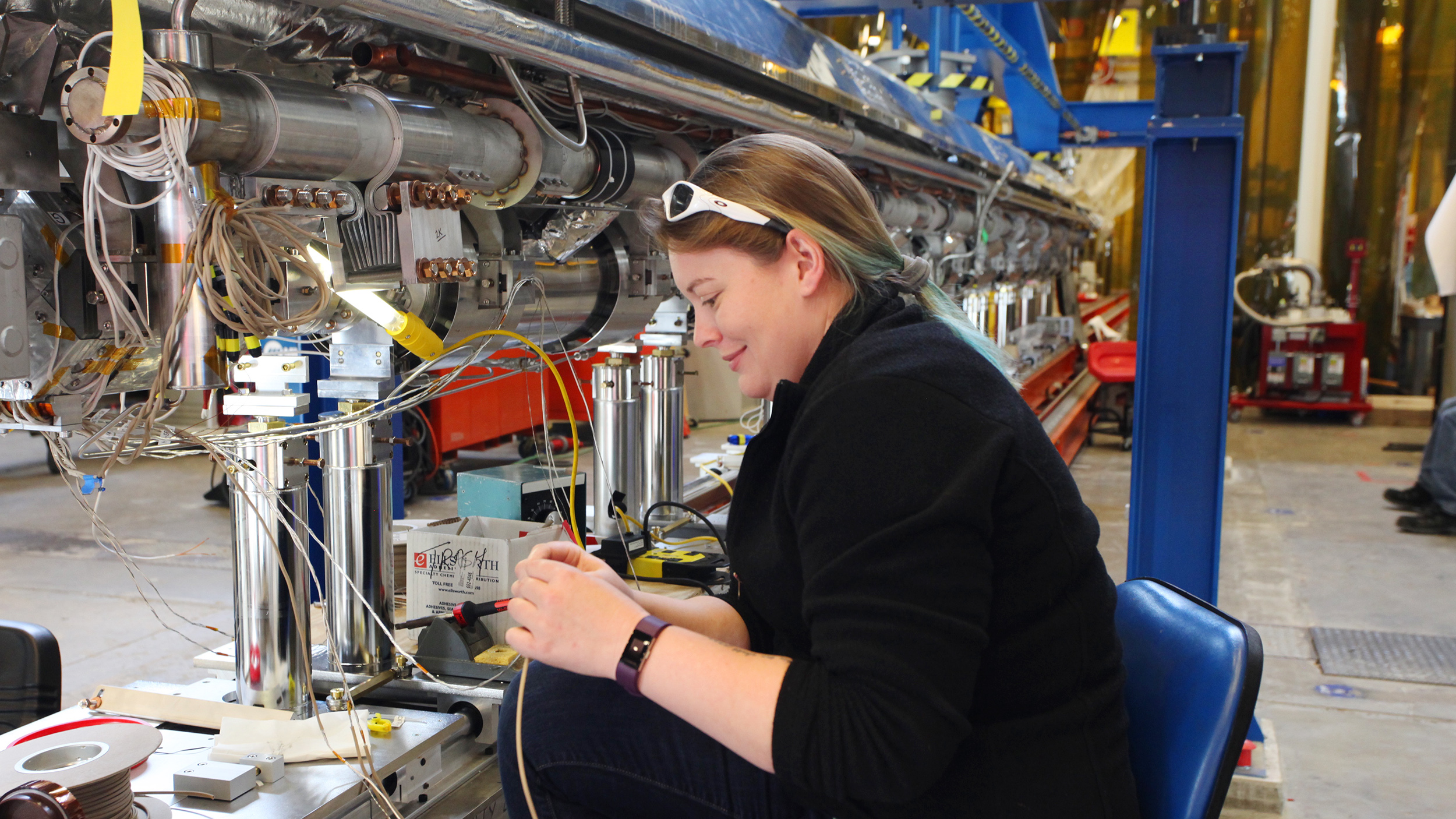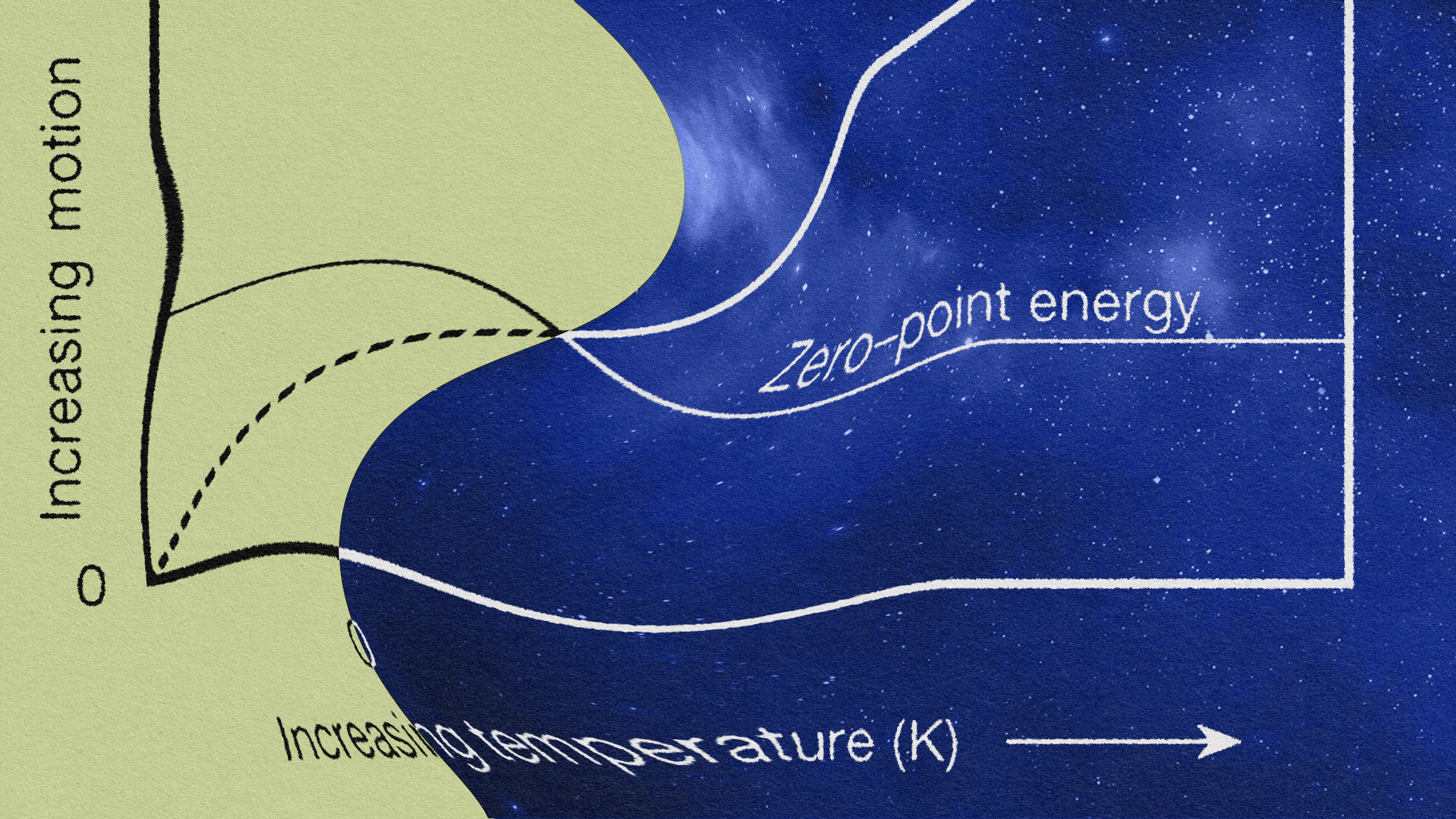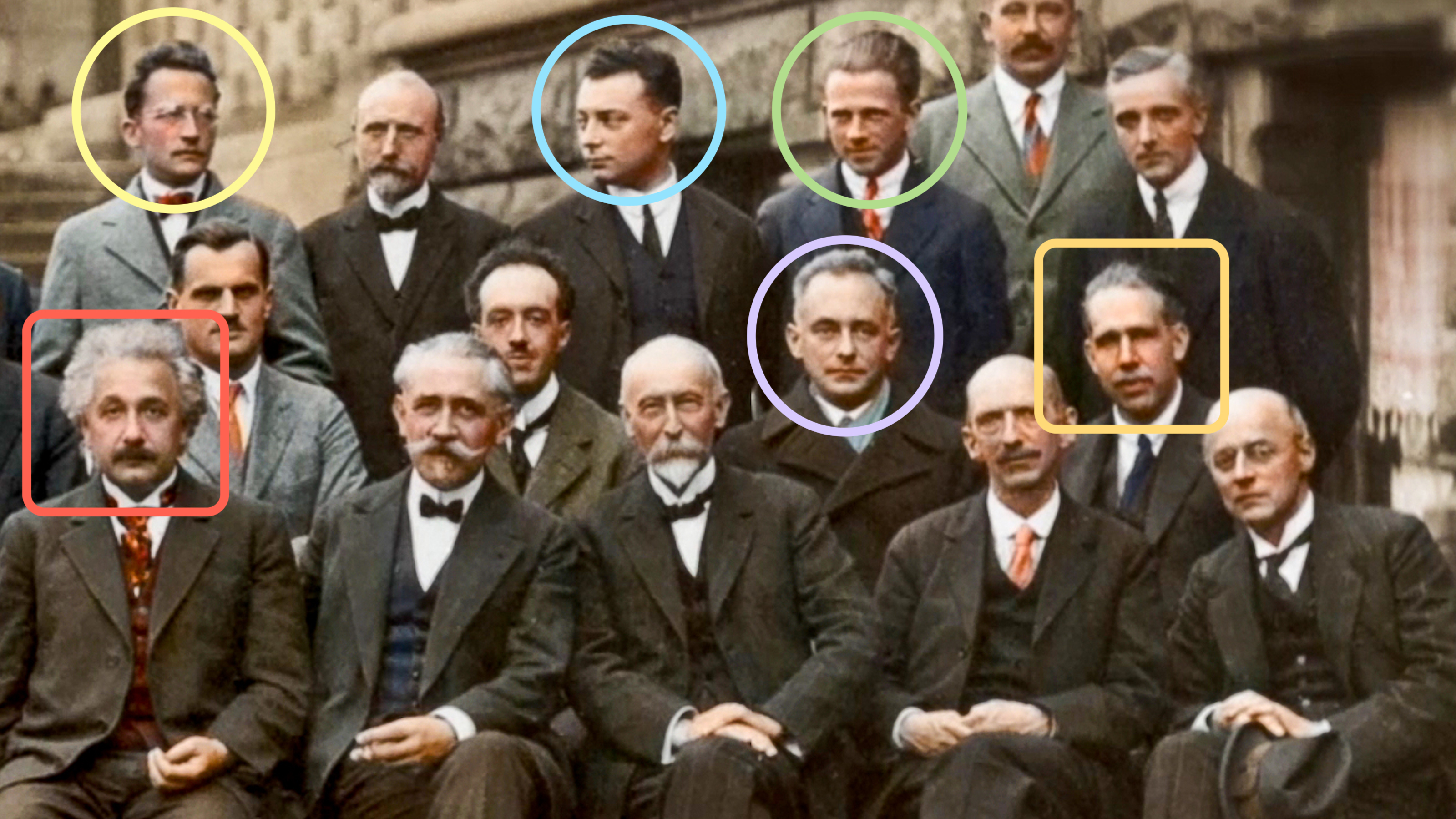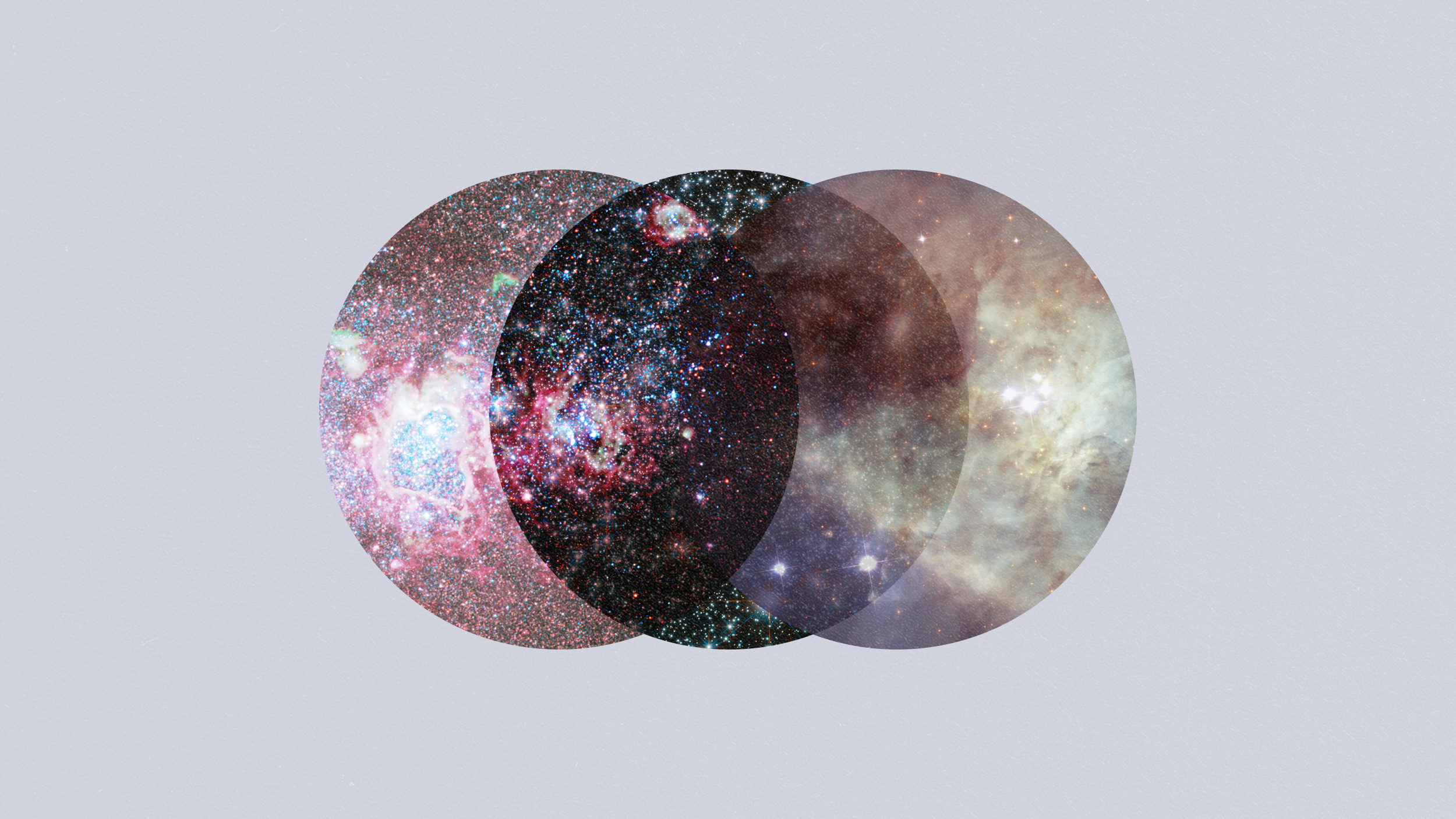Hard Science
All Stories
The detection of two celestial interlopers careening through our solar system has scientists eagerly anticipating more.
Meanwhile meteorite hunters rushed to Berlin to find this most rare space rock.
Until the Apollo missions, we had no idea how the moon got here, just a series of educated guesses. They rewrote the story of the moon’s origins.
Discrepancies between observations and theory regarding subatomic particles called muons may force scientists to rethink the quantum world.
Recent measurements of CERN data seem to disagree with standard-model predictions about how the Higgs boson decays, though further analysis is needed to confirm the observations.
The DUNE project will beam tiny neutrinos across vast distances. But the first step involved moving a heavier material: 1 million tons of rock.
If there’s life lurking on the moons of Saturn and Jupiter, could our instruments even detect it?
Want to avoid getting “spaghettified” by a black hole? Steer clear of the smaller ones.
Two scientists recently wagered a bottle of whiskey. The bet? Whether we’ll find evidence of advanced extraterrestrial life in the next 15 years.
Observations of an enormous cosmic structure, dubbed the “Big Ring,” seem to violate the Copernican principle.
The midwest is particularly filled with them.
A new measurement offers insights on the density of the mysterious force driving the Universe’s expansion.
Here’s why the answer may forever elude scientists.
Wolfgang Pauli was a brilliant, well-liked physicist and a scathing critic of balderdash.
Physicists have yet to pinpoint the hypothetical matter that keeps galaxies from flying apart. Now they have a new focus.
Thanks to observations of gravitational waves, scientists were able to settle a longstanding debate over the speed of gravity.
Contrary to conventional wisdom, matter can escape the center of the Earth.
U.S. particle physicists recently recommended a list of major research projects that they hope will receive federal funding.
Freethink’s weekly countdown of the biggest space news, featuring Starship’s second test flight, a new “dark mysteries” telescope, and more.
The Big Bang theory is not threatened, but astrophysicists have some explaining to do.
The paper does not prove the existence of dark matter, but it mostly eliminates a rival theory called Modified Newtonian Dynamics.
Roger Babson wanted a “partial insulator, reflector, or absorber of gravity” — something, anything, that would stop or dampen it.
Chemists could replace bubbling flasks with tumbling ball mills.
This new geologic activity could be part of a thousand-year cycle, ushering in a new era of volcanism on the island.
The miniaturization of particle accelerators could disrupt medical science.
Scientists will be able to make detailed “Claymation-like” movies of chemical reactions.
The term “zero-point energy” has at least two meanings, one that is innocuous and one that is a great deal sexier (and scammier).
Bang bang all over the Universe.
The combined intellectual heft of multiple “big thinkers” delivered arguably the most successful scientific theory in history.
What do ghosts and anomalous galaxy rotation rates have in common? Some sci-fi enthusiasts believe the answer involves “parallel universes.”
